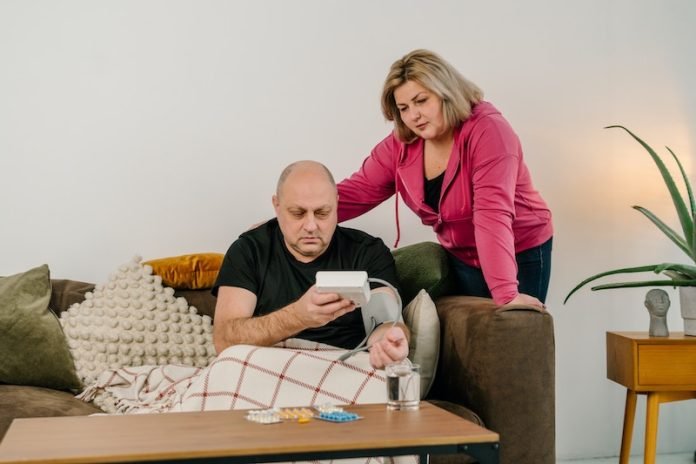
Many people suffer strokes, which can be life-threatening. When someone has a stroke, their brain stops getting blood. This causes brain cells to die.
Six in ten stroke patients in the U.S. have high blood pressure when they arrive at the hospital.
Why does this matter? Well, high blood pressure during a stroke can lead to death or severe disability.
But treating this high blood pressure might not always be the best idea. That’s what a recent study from the University of Georgia suggests.
The Study: Details and Goals
So, what did this study involve? Researchers wanted to understand how to best help stroke patients. They wanted to know how to balance keeping the brain supplied with blood and limiting harmful effects.
They studied over 4,000 Chinese stroke patients. These patients were divided into two groups. One group received heavy treatment for their high blood pressure. The other group didn’t get any treatment during their stroke.
The researchers led by Changwei Li were on a mission. They wanted to see if there was a link between blood pressure during a stroke and health outcomes in the short and long term.
Findings and Implications
What did they find? They discovered that the group with blood pressure around 140 mmHg had fewer bad health outcomes. This meant they had lower chances of having another stroke, dying, or getting heart disease.
So, why is this significant? It means lowering blood pressure too much might actually be harmful.
The body tries to keep blood flowing to the brain during a stroke. If blood pressure is lowered too much, this could interfere with the body’s response.
Instead, it could be better to keep blood pressure a little higher than usual. Close to 140/90 mmHg rather than the typical “healthy” blood pressure of 120/80 mmHg.
However, this leaves room for more research and discussion about the best way to manage blood pressure during a stroke.
Future Research Directions
This study, which was published in the American Journal of Hypertension, opens new paths for further research. It brings up many questions, such as:
What is the best way to treat high blood pressure during a stroke? How can we balance short and long term health outcomes? And how can we best protect the brain during a stroke?
Ultimately, this research could change how we approach stroke treatment.
It provides valuable insights into how to balance immediate and long-term care for stroke patients, potentially improving their chances of recovery and long-term health.
Knowing more about this could help doctors make better decisions when treating stroke patients.
It could also help people understand what happens during a stroke and how treatment choices can affect their health. The journey to understanding stroke care continues, and each study brings us one step closer.
If you care about high blood pressure, please read studies about potatoes and high blood pressure, and top 10 choices for a blood pressure-friendly diet
If you care about stroke, please read studies about a breakfast linked to better blood vessel health, and olive oil could help lower risks of heart disease and stroke.
Copyright © 2023 Knowridge Science Report. All rights reserved.



